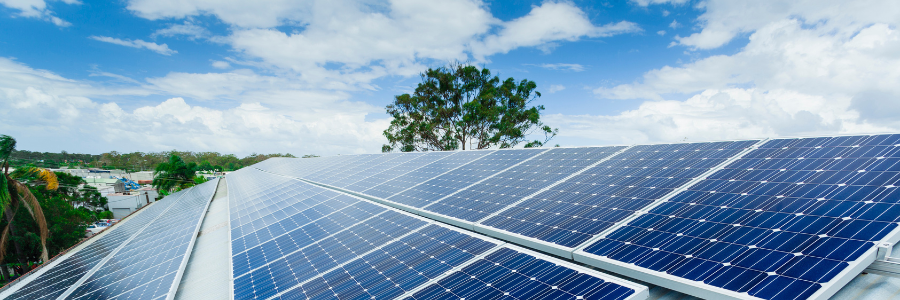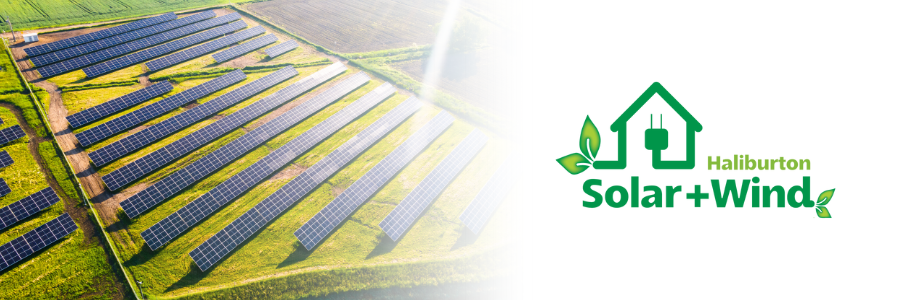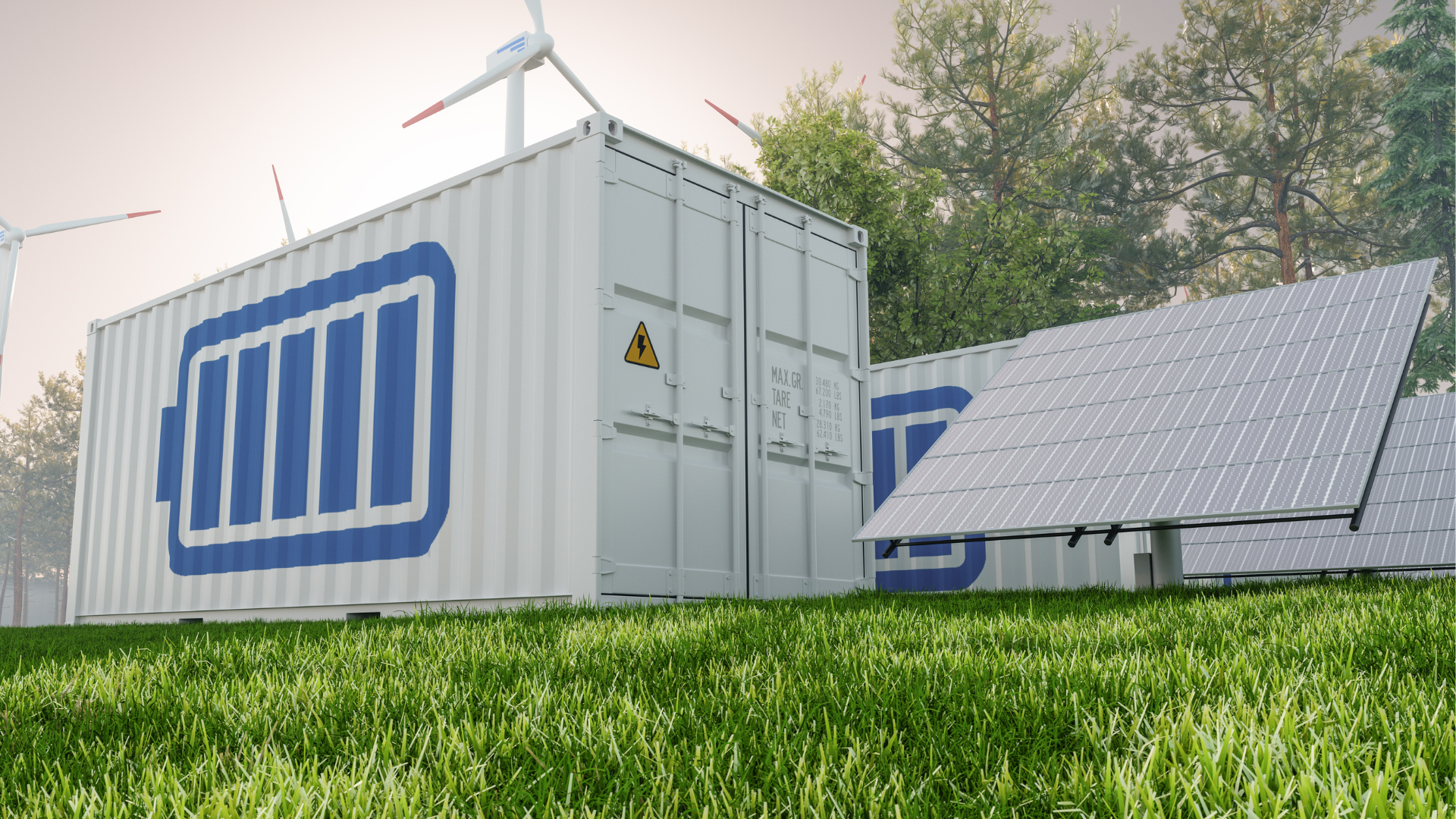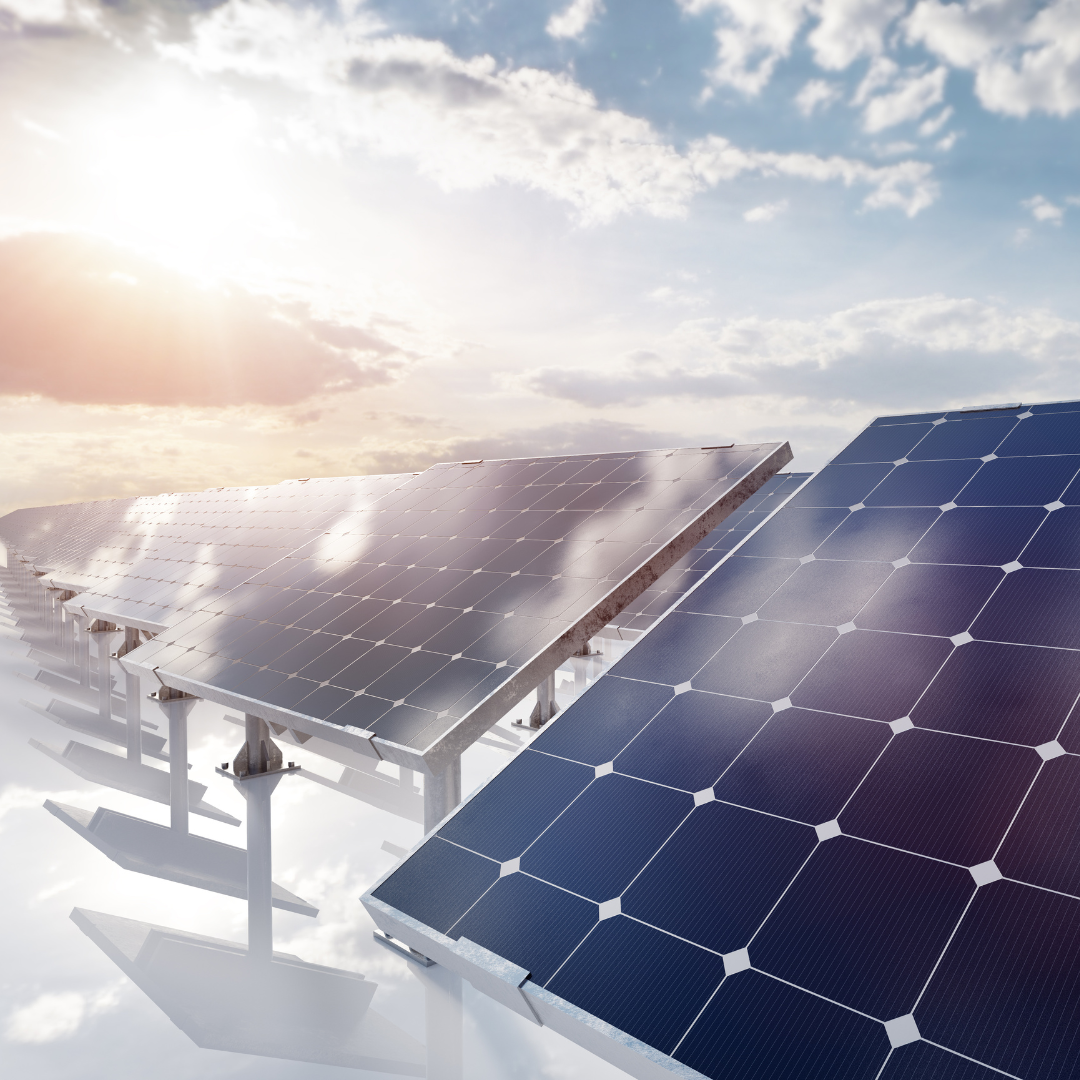Clean and Green: Off-Grid Solar Systems for Ontario Homes
Clean and Green:
Off-Grid Solar Systems for Ontario Homes
Off-grid solar systems are a type of renewable energy system that allows homeowners to generate their own electricity without relying on the grid. They work by harnessing the power of the sun through solar panels and storing the energy in batteries for later use.
Sustainable and reliable energy is important for Ontario's environment and economy. By reducing our dependence on fossil fuels and increasing our use of renewable energy sources, we can lower our carbon footprint and create a more sustainable future for generations to come.
This blog post will provide an overview of off-grid solar systems for Ontario homes, including information on Ontario building codes and permitting, benefits of off-grid solar systems, types of off-grid solar systems, how they work, installation process, Ontario incentives and financial support, off-grid solar system maintenance, and frequently asked questions with expert answers.
Knowing the Ontario Building Code
Ontario building codes for off-grid solar systems are designed to ensure that these systems are installed safely and effectively. The codes cover a range of factors, including electrical wiring, grounding, and structural requirements.
The permitting process for off-grid solar systems in Ontario typically involves obtaining a building permit from the local municipality, and in some cases, a permit from the Electrical Safety Authority (ESA). The ESA is responsible for ensuring that electrical installations are safe and comply with Ontario's Electrical Safety Code.
When installing an off-grid solar system in Ontario, it is important to consider the Provincial standards for safety and efficiency. The Ontario Ministry of Energy, Northern Development, and Mines provides guidelines and regulations for renewable energy systems, including off-grid solar systems. It is recommended that homeowners work with an experienced installer who can ensure that the system meets these standards and is safe and reliable for long-term use. Additionally, homeowners should ensure that their off-grid solar system is covered by appropriate insurance policies to protect against potential risks and hazards.
Benefits Being Off Grid in Ontario
One of the primary benefits of off-grid solar systems is their ability to reduce carbon emissions. By generating electricity through solar power, homeowners can reduce their reliance on fossil fuels and contribute to a more sustainable future.
Another benefit of off-grid solar systems is the potential for lower energy bills. By generating their own electricity, homeowners can reduce their dependence on the grid and avoid fluctuating energy costs.
Off-grid solar systems also provide increased energy independence for homeowners, especially those living in remote areas. By generating their own electricity, homeowners do not have to rely on the grid for their energy needs, which can be unreliable in some areas.
Other benefits of off-grid solar systems include the potential for increased property value, reduced noise pollution, and the ability to provide backup power during power outages.
Additionally, off-grid solar systems can be a reliable source of power for off-grid homes, cottages, or cabins in areas without access to traditional power sources.
TAKE AWAY: off-grid solar systems offer a range of benefits that can help homeowners save money, reduce their carbon footprint, and increase their energy independence.
Off Grid Solar Systems
Standalone off-grid solar systems are designed to meet all of the electricity needs of a home or property without relying on the grid. They typically consist of solar panels, a charge controller, an inverter, and batteries for energy storage. Standalone systems are ideal for off-grid homes or cottages, where there is no access to the grid.
Hybrid off-grid solar systems are designed to work in conjunction with the grid. They can be used to reduce energy costs by generating electricity through solar power during the day, and using the grid as a backup source of power when needed. Hybrid systems can also be used to reduce reliance on the grid during peak energy demand periods.
Battery backup off-grid solar systems are designed to provide backup power during power outages or when the solar panels are not generating enough electricity to meet the home's energy needs. They typically consist of solar panels, an inverter, and batteries for energy storage. Battery backup systems are ideal for homeowners who want to ensure uninterrupted power during emergencies or periods of low sunlight.
TAKE AWAY:
the type of off-grid solar system that is best for a homeowner will depend on their specific energy needs and budget. A qualified installer can help homeowners determine which type of system is best for their situation.
Components of an off grid solar system
Off-grid solar systems are composed of several components that work together to generate and store electricity. The primary components include solar panels, an inverter, a charge controller, and batteries for energy storage. Solar panels capture sunlight and convert it into DC electricity, which is then sent to the inverter.
Solar panel technology has improved significantly in recent years, making solar power more efficient and cost-effective. Modern solar panels are made of photovoltaic cells, which are designed to capture sunlight and convert it into electricity. These cells are typically made of silicon and other materials that can absorb photons from sunlight and create a flow of electrons.
Inverter technology
is an important part of off-grid solar systems because it converts DC electricity from the solar panels into AC electricity that can be used to power household appliances. The inverter also regulates the flow of electricity to ensure that it is safe and efficient for home use.
Battery technology is used to store excess electricity generated by the solar panels for later use. Batteries are typically made of lead-acid, lithium-ion, or other materials and are designed to store and release electricity efficiently. The charge controller is used to regulate the flow of electricity from the solar panels to the batteries, ensuring that they are charged properly and safely.
TAKE AWAY: off-grid solar systems work by capturing sunlight and converting it into usable electricity that can be stored and used to power a home or property. These systems are efficient, reliable, and can be customized to meet the specific energy needs of homeowners.
Installing An Off-Grid Solar System in Ontario
Before installing an off-grid solar system, a site assessment is necessary to determine the suitability of the property for solar power generation. The assessment typically includes an evaluation of the site's orientation, shading, and available sunlight, as well as an analysis of the home's energy needs.
Design considerations for off-grid solar systems include the size and type of solar panels, battery capacity, inverter capacity, and wiring requirements. A qualified installer will take into account the homeowner's energy needs, budget, and site conditions when designing the system.
The installation process for off-grid solar systems typically includes several steps, including:
- Mounting the solar panels
- Installing the inverter and charge controller
- Connecting the system to the home's electrical system
Wiring and grounding requirements must also be met to ensure that the system is safe and meets all building codes and regulations.
TAKE AWAY:
the installation of an off-grid solar system is a complex process that requires a qualified and experienced installer. Homeowners should ensure that the installer is licensed and insured, and has a good reputation in the industry. A well-designed and installed off-grid solar system can provide reliable and sustainable power for many years to come.
The Ontario Solar Rebate program
Provides rebates to homeowners who install solar panels or other renewable energy systems on their property. The program is designed to encourage the adoption of renewable energy systems and reduce reliance on fossil fuels. Homeowners can receive rebates of up to $10,000 for installing solar panels on their homes.
Net metering is a program
Is offered by some utilities in Ontario that allows homeowners to receive credits for excess electricity generated by their solar panels. These credits can be used to offset future energy bills, providing additional financial benefits to homeowners who generate their own electricity through solar power.
The Green Ontario Fund
Is a provincial government initiative that provides financial support for homeowners who want to improve the energy efficiency of their homes. The program provides rebates for insulation, air sealing, and other energy efficiency upgrades, as well as incentives for installing renewable energy systems like solar panels.
TAKE AWAY:
there are several incentives and financial support programs available in Ontario that can help homeowners offset the costs of installing off-grid solar systems. By taking advantage of these programs, homeowners can reduce their upfront costs and improve the long-term financial viability of their off-grid solar systems.
Regular System Inspections and Maintenance
Are necessary to ensure that off-grid solar systems are functioning properly and efficiently. Inspections may include checking for damage to solar panels or wiring, as well as monitoring battery performance and charge levels.
Battery maintenance
Is important for ensuring that off-grid solar systems are able to store and release electricity efficiently. This may include checking battery levels, cleaning battery terminals, and replacing batteries as needed.
Inverter maintenance
Is important for ensuring that the off-grid solar system is able to convert DC electricity from the solar panels into usable AC electricity for the home. Inverter maintenance may include cleaning or replacing the inverter, as well as monitoring inverter performance and efficiency.
TAKE AWAY:
regular maintenance and inspections are essential for ensuring the long-term performance and reliability of off-grid solar systems. Homeowners should work with a qualified installer or maintenance professional to develop a maintenance plan that meets the specific needs of their system.
